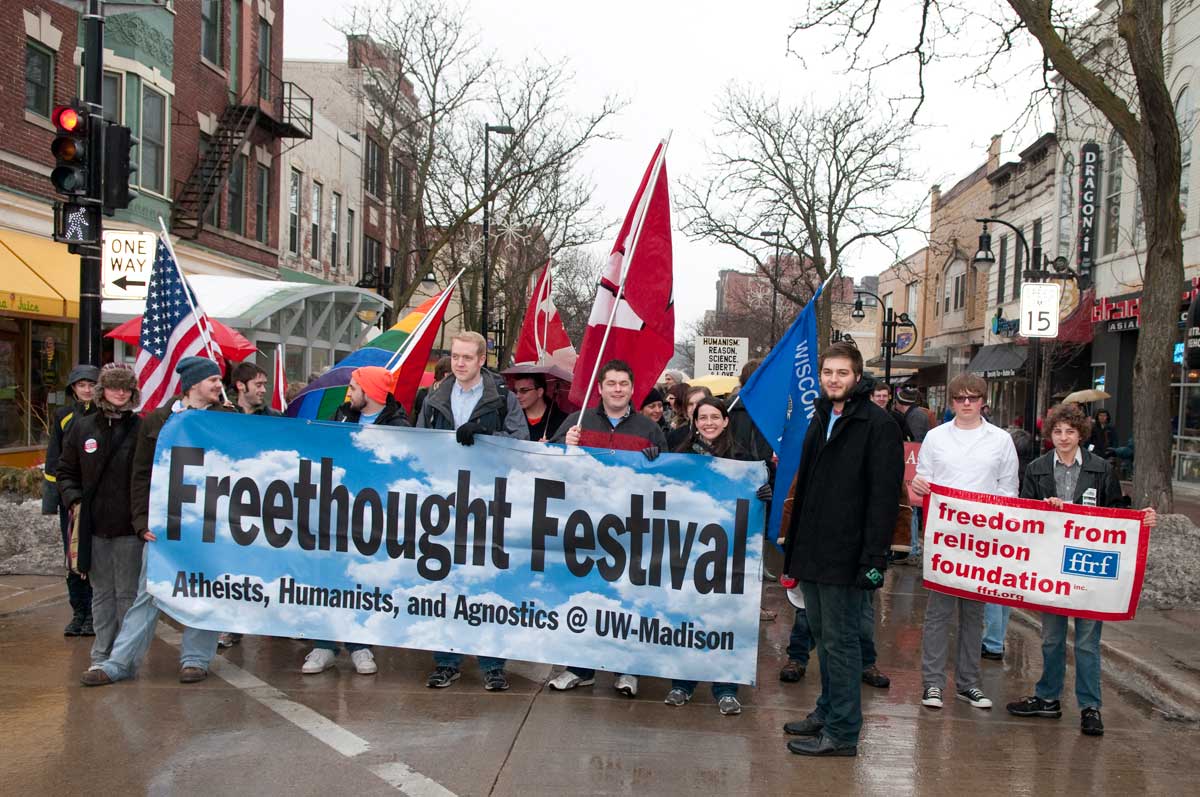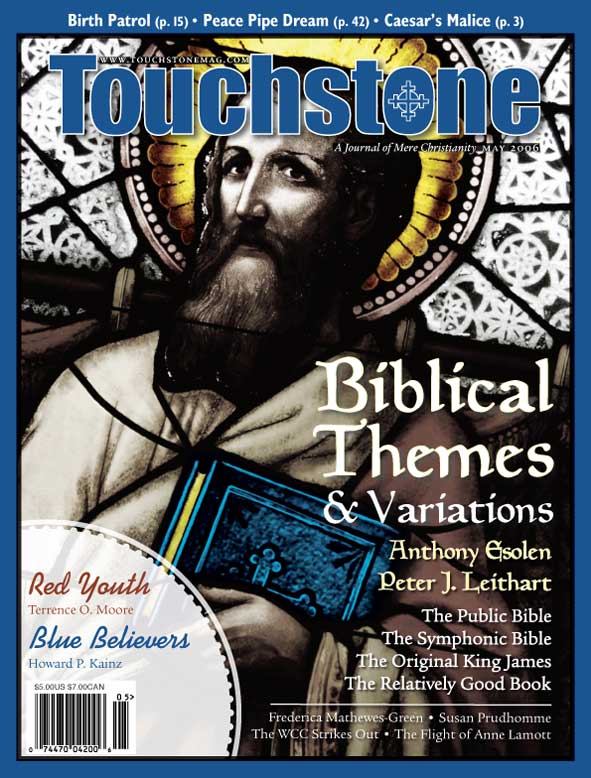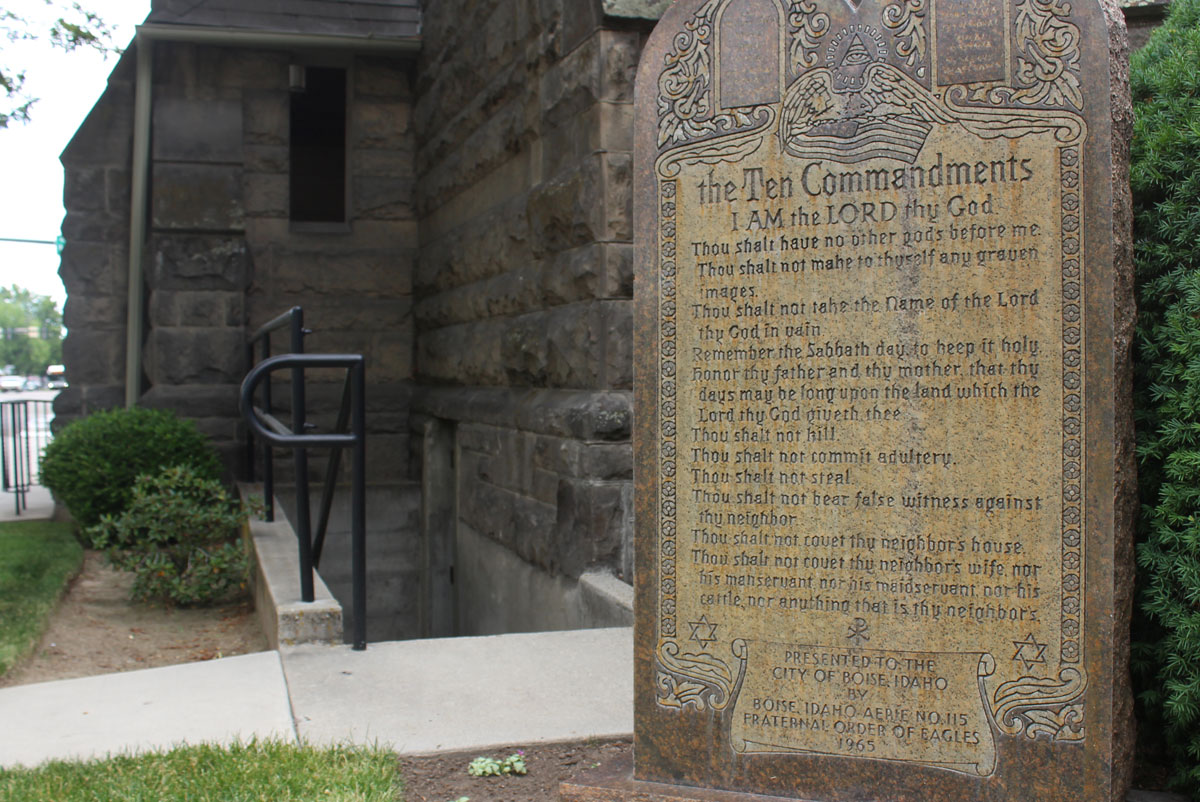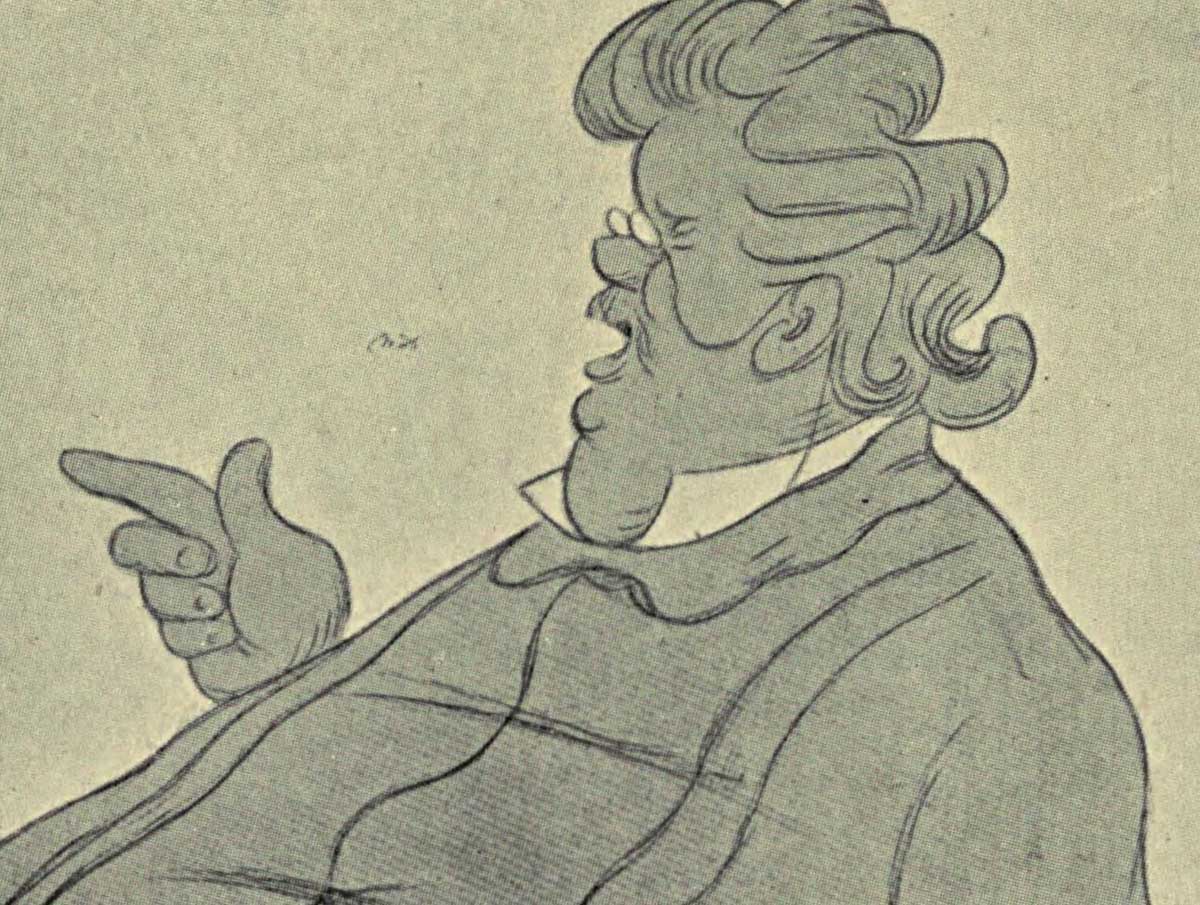Liberalism as Religion
The Culture War Is Between Religious Believers on Both Sides
by Howard P. Kainz
Many Christians view the “culture war” as a clash between religious believers and secularist “liberals.” But there are liberals . . . and there are liberals. Most of the heat of battle occurs where traditional religious believers clash with certain liberals who are religiously committed to secular liberalism.
This explains why talking about abortion or same-sex “marriage,” for example, with certain liberals is usually futile. It is like trying to persuade a committed Muslim to accept Christ. Because his religion forbids it, he can only do so by converting from Islam to Christianity; he cannot accept Christ as long as he remains firmly committed to Islam. So it is with firmly committed liberals: Their “religion” forbids any concessions to the “conservative” agenda, and as long as they remain committed to their secular ideology, it is futile to hope for such concessions from them.
But can a secular ideology fairly be classified as a religion?
The Ideal Religion
Religion in the most common and usual sense connotes dedication to a supreme being or beings. While one’s gods may be demonic, as in Satanic religions, or may be deified humans rather than of an order beyond the human, as in the ancient Roman religions that deified the Caesars—they are understood to be personal beings.
But, especially in the last few centuries, “religion” has taken on the additional connotations of dedication to abstract principles or ideals rather than a personal being. The French Enlightenment, with its worship of Reason, is a prime example of this kind of religion. The god is no longer personal, but abstract, though it may be personified in art or ritual (as, for example, when the actress Mademoiselle Maillard, representing the Goddess of Reason, was enthroned with great festivity in the Cathedral of Notre Dame in 1793).
Hence, modern dictionaries include definitions relating religion to impersonal principles rather than persons. The Merriam-Webster Collegiate Dictionary widens the definition to include: “a cause, principle, or system of beliefs held with ardor and faith.” So in our day, Scientology is considered a religion, and even an atheist could say proudly, “Humanism is my religion.”
Meaning religion in only this broad, even purely metaphorical sense, the atheist may bristle at the notion that his “religion” entails anything other that adherence to his core principles, whatever they may be. Yet two movements of the last century, one explicitly atheist and the other vehemently secular if not outright atheist, exhibit many elements strikingly similar to those of more traditional religions.
Marxism as Religion
Howard P. Kainz is Professor Emeritus of Philosophy at Marquette University and the author of Democracy East and West (St. Martin's Press, 1984), Democracy and the "Kingdom of God" (Marquette University, 1995), and Politically Incorrect Dialogues (Rodopi, 1999). His Natural Law: An Introduction and Reexamination was published by Open Court in October 2004.
subscription options
Order
Print/Online Subscription

Get six issues (one year) of Touchstone PLUS full online access including pdf downloads for only $39.95. That's only $3.34 per month!
Order
Online Only
Subscription

Get a one-year full-access subscription to the Touchstone online archives for only $19.95. That's only $1.66 per month!
bulk subscriptions
Order Touchstone subscriptions in bulk and save $10 per sub! Each subscription includes 6 issues of Touchstone plus full online access to touchstonemag.com—including archives, videos, and pdf downloads of recent issues for only $29.95 each! Great for churches or study groups.
Transactions will be processed on a secure server.
more on culture from the online archives
more from the online archives
calling all readers
Please Donate
"There are magazines worth reading but few worth saving . . . Touchstone is just such a magazine."
—Alice von Hildebrand
"Here we do not concede one square millimeter of territory to falsehood, folly, contemporary sentimentality, or fashion. We speak the truth, and let God be our judge. . . . Touchstone is the one committedly Christian conservative journal."
—Anthony Esolen, Touchstone senior editor













